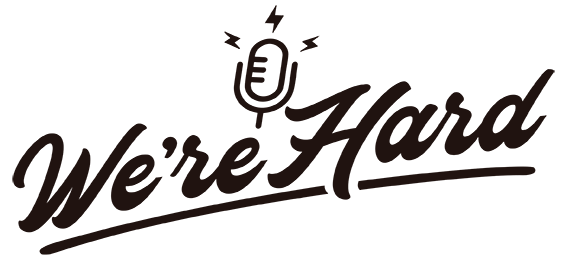Discussions about cholesterol can be confusing. Good cholesterol (HDL) helps remove bad cholesterol (LDL) from arteries. Having more HDL is beneficial, while high levels of LDL can pose health risks. Regular check-ups help monitor these levels and make informed decisions about your health.
Understanding the difference between dietary cholesterol and blood cholesterol is crucial. While dietary cholesterol from foods like eggs and shrimp doesn’t necessarily translate to high blood cholesterol levels for most people, it’s important to manage overall cholesterol levels to maintain heart health. A low-cholesterol diet can be beneficial, but it’s essential to maintain a balanced diet.
What is a low-cholesterol diet?
A low-cholesterol diet focuses on incorporating lean proteins, fruits, vegetables, and whole grains. It involves reducing the consumption of animal products that are high in cholesterol, such as eggs, liver, and shellfish. While some animal products can still be included, they should be consumed in moderation to adhere to the low-low cholesterol approach. It’s all about making mindful choices to support heart health.
Vegan and vegetarian diets tend to be associated with lower levels of LDL cholesterol and total cholesterol due to their reduced intake of animal products and saturated fats. This can have positive effects on heart health.
What is dietary cholesterol?
Dietary cholesterol is primarily present in animal products like meat, dairy, eggs, and seafood. While the connection between dietary cholesterol and heart disease isn’t fully established, some individuals who are hyper-responsive to dietary cholesterol might benefit from limiting their intake.
Is a low-cholesterol diet a good idea for me?
It’s crucial to consult with a healthcare professional before making significant dietary changes. A low-cholesterol diet, including vegan and vegetarian options, can potentially help lower blood cholesterol levels and reduce the risk of heart disease.
Since the body can produce its own cholesterol, limiting dietary cholesterol usually doesn’t pose a health risk for those following a vegan diet. It’s important to find the right approach that suits

Hi! My name is Kimmy B, I am the co-host of the We’reHard podcast. I have a passion for fitness, nutrition and a healthy lifestyle. I’ve always loved working out and staying active but recently found my groove in the fitness industry.
